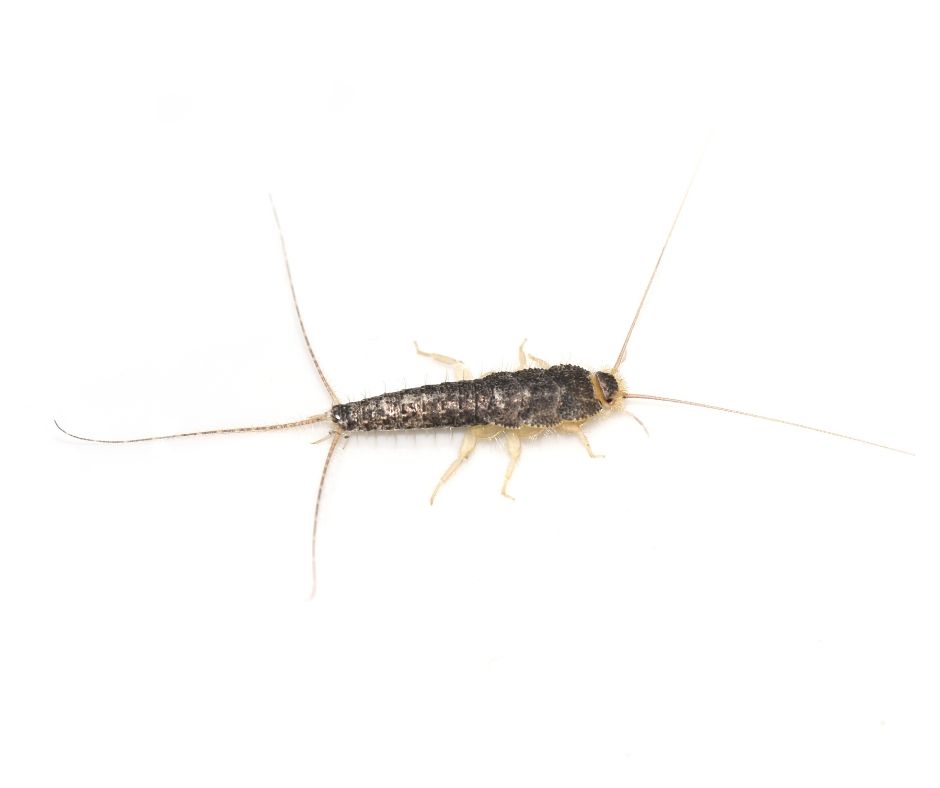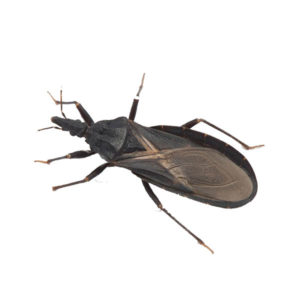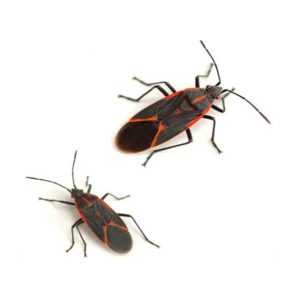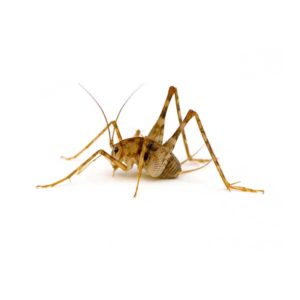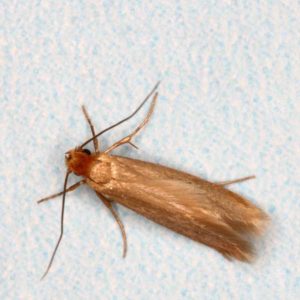Silverfish in St. Louis
Silverfish and firebrats have enzymes in their gut that digest cellulose, and will inhabit bookcases, closets, and places where books, clothing, starch, or dry foods are available. Both silverfish and firebrats are capable of swift movement and their ability to move sideways or even jump when disturbed. Since the bodies of these insects are flattened, they can find harborage in very small cracks and crevices, even within narrow book bindings, the loose pages of books, and corrugated cardboard.
Silverfish Habitat
Silverfish consume both carbohydrates and proteins, and can also be cannibalistic, eating cast skins of dead and injured individuals. These nocturnal insects cannot survive without humidity and will hide during the day in high moisture areas like laundry rooms, under kitchen and bathroom sinks, and in crawl spaces. Silverfish are pests of paper, particularly paper with a glazed finish. They are especially fond of the sizing in paper products, which may consist of starch, dextrin, casein, gum, and glue.
Silverfish Behaviors, Threats, or Dangers
Silverfish do not have wings and instead of moving from place to place by flying, they move in a very quick fish-like manner. If the object they are hiding beneath is moved, they will dart toward another secluded place. Silverfish do not bite or sting, but they can cause significant damage to personal items and food sources. Silverfish have weak jaws, causing them to scrape instead of bite. Their scraping activity results in holes in fabric and clothing, and discoloration of books, paper products, and wallpaper. Silverfish can contaminate dry foods such as cereals, flour, pasta, and pet food. If you have excess silverfish in your St. Louis property, contact your local exterminators for help.

